April 13, 2025 | 20:36 GMT +7
April 13, 2025 | 20:36 GMT +7
Hotline: 0913.378.918
April 13, 2025 | 20:36 GMT +7
Hotline: 0913.378.918

Deputy Director of SPS Ngo Xuan Nam during the negotiation session to resolve difficulties for the Vietnamese instant noodle industry at the SPS/WTO Committee meeting, Switzerland, June 2022. Photo: SPS Vietnam.
The Vietnam SPS Office has been notified by the Secretariat of the World Trade Organization (WTO) about the European Commission (EC) publishing Regulation No. 2024/1662, which was signed on June 11, 2024. This regulation concerns the assessment and enforcement of supplementary inspection measures and emergency management measures for the importation of agricultural and food goods from non-EU countries into the European Union market.
As a result of Vietnamese firms effectively adhering to EU requirements on instant noodles that include spice packets or sauces, this product has been excluded from Annex I. Consequently, it will no longer be subjected to frequent inspections at border checkpoints.
Starting from December 2021, Vietnamese instant noodles have been subjected to more frequent border inspections due to the presence of Ethylene Oxide (EO).
In relation to Vietnamese dragon fruit, the European Union (EU) has implemented a 30% frequency of border inspections and demands a certificate of analysis results for every shipment, as a response to certain shipments that have violated Regulation (EU) 2019/1793.
Regarding chili peppers, the European Union has implemented a 50% border check rate due to shipments that have violated regulations. Additionally, a certificate of analysis results is now required for each cargo, which has been moved from Annex I to Annex II.
Regarding okra, the European Union (EU) enforces a border check frequency of 50% due to two shipments that violated regulations. This inspection is accompanied by a certificate of analytical results for each shipment. The European Union (EU) conducts border inspections on durian goods at a frequency of 10%.
The new restrictions will be implemented starting on July 2, 2024.
In contrast to the previous EU announcement on January 18, 2024, Vietnam currently has a reduced number of products, specifically four, that are subject to border inspection frequency as per Regulation (EU) 2019/1973.
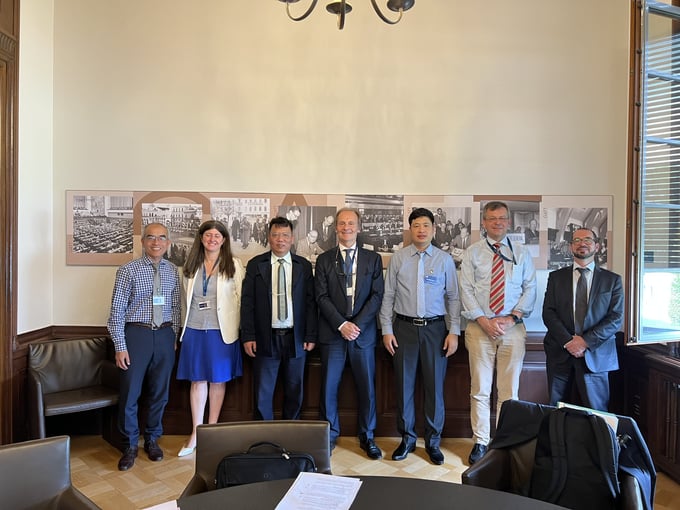
A multi-agency delegation from the SPS Vietnam Office, the Department of Science and Technology (Ministry of Industry and Trade), and the Permanent Mission of Vietnam to the United Nations attended the SPS/WTO Committee meeting in Switzerland (June 2022) to negotiate with the EU and find solutions for the Vietnamese instant noodle industry.
As per the SPS Vietnam Office, being delisted from the food safety control list is a notable advancement, making it easier for Vietnamese instant noodles to enter the EU market and other global markets.
"Deputy Director Ngo Xuan Nam attributed this achievement to the collaborative efforts of the SPS Vietnam Office, specialized agencies of the Ministry of Industry and Trade, the Vietnam Trade Office, and the Vietnamese Trade Counselors in the EU. He specifically highlighted the compliance of enterprises in the instant noodle sector with EU regulations."
Mr. Nam recommends that businesses, industries, farmers, and regulatory and specialized agencies enhance their adherence to EU regulations for plant-based products. Specifically, they should focus on effectively monitoring pesticide residues, as the EU has set very stringent maximum residue limits (MRLs).
In order to be imported into the EU, agricultural and food goods must meet the market laws set by the EU. These regulations include being listed as a registered business, following the maximum residue limits (MRLs) for plant-based products, and sticking to the limits on antibiotic residues for animal-based products.
Furthermore, there are restrictions pertaining to food additives, food contact materials, mixed goods, disease-free zones, food safety assurance, traceability of processing facilities, IUU regulations, anti-deforestation regulations (EUDR), and other pertinent legislation.

After 2.5 years of increased inspection frequency by the EU, Vietnamese instant noodles have been removed from the control list.
For specific requirements for each product, it is advisable to seek guidance from the appropriate authorities or the SPS Vietnam Office.
At present, the European Union classifies imported agricultural and food goods into two distinct categories: low-risk and high-risk. EU-identified low-risk products will be exempt from border checks. On the other hand, products that are considered high-risk necessitate a range of actions, starting from their introduction into the European Union and continuing with ongoing monitoring in supermarkets, retail stores, and distribution routes.
Regulation (EU) 2019/1973 mandates the control of products from other countries, including Vietnam, that are defined by the EU as high-risk and not of animal origin.
This law consists of three annexes, one of which is Annex I. Annex I strengthens the official control measures for items at the border. This includes reviewing traceability records and conducting random sampling for analysis at different frequencies, namely 5%, 10%, 20%, 30%, and 50%. Prior notification to the competent authorities is mandatory for exporters.
Annex II mandates the implementation of comparable procedures to those outlined in Annex I. However, it also imposes extra requirements for the importation of items under specific circumstances, such as the need for national regulatory certification and the submission of hazard analysis results.
Annex IIa: Imposes a temporary halt on imports into the European Union.
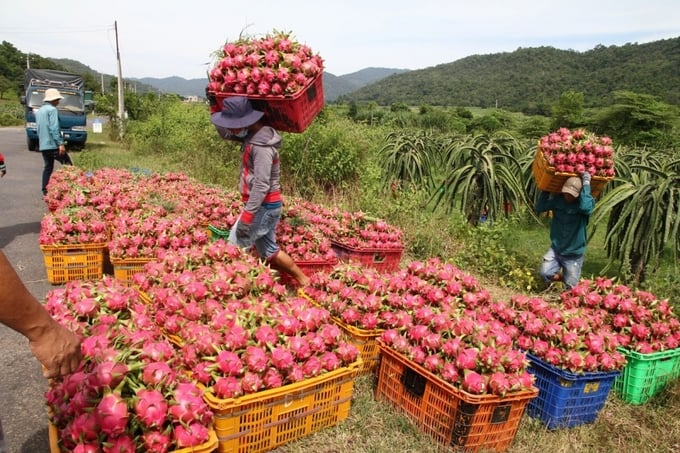
Dragon fruit and durian are two major agricultural export products, but they are currently subject to inspections at the border when exported to the EU.
Semiannually, the European Union convenes to assess, cast votes on, and determine whether to augment, diminish, or eliminate items from the control lists specified in Annex I, Annex II, or Annex IIa.
The SPS Vietnam Office, in partnership with the Directorate-General for Health and Food Safety of the European Commission (DG-SANTE), conducted a seminar at the 4th session of the SPS Committee to provide information about EU market laws as part of the implementation of the EVFTA Agreement.
During the event, the EU representative advised that in order to adhere to the requirements, exporters and production facilities should have a comprehensive understanding of EU regulations. This will help to reduce risks for businesses when exporting to the EU.
To mitigate the risk of more frequent inspections and potential import suspensions for specific agricultural and food products in Vietnam, the SPS Vietnam Office advises businesses to take a proactive approach by staying updated, adhering to, and accurately comprehending the food safety and animal and plant health safety (SPS) regulations, as well as the relevant EU market regulations.
Businesses should focus on improving the management of microorganisms and ensuring compliance with maximum residue levels (MRL) of pesticides, antibiotics, and food additives. These regulations are obligatory.
"Furthermore, it pertains to the standing of Vietnamese agricultural products in the global arena. The European Union (EU) is a crucial destination for Vietnamese agricultural products, and it is known for having strict and scientifically advanced standards and regulations. Adhering to EU market rules will open up prospects to introduce Vietnamese agricultural products to several prospective global markets", said Mr. Ngo Xuan Nam.
Translated by Linh Linh

(VAN) According to Deputy Prime Minister Bui Thanh Son, through this P4G Summit, Vietnam aims to convey the message of transforming its growth model towards rapid and sustainable development.
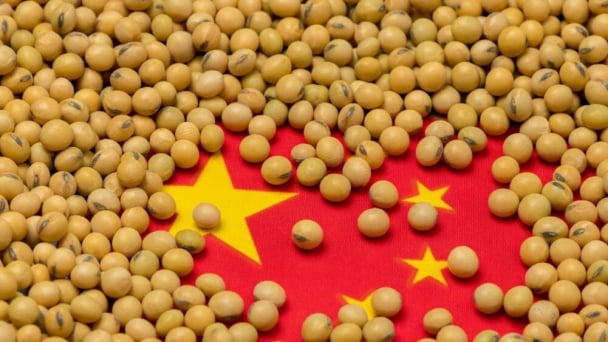
(VAN) Soybean production has been a priority for China to ensure food security, with increased soybean cultivation and yields highlighted in the annual No. 1 Central document.
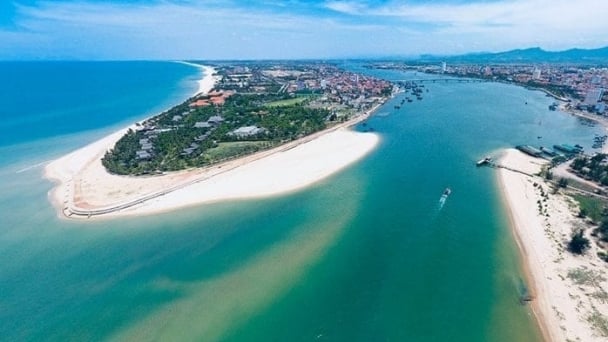
(VAN) Vietnam Sea and Islands Week 2025 is expected to take place in Quang Binh, featuring a series of meaningful activities aimed at protecting the ocean through green technology solutions.
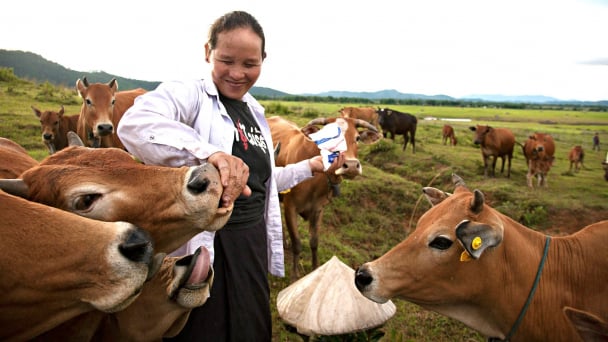
(VAN) The One Health approach is no longer merely an option, as increasingly complex challenges confront health and food systems.
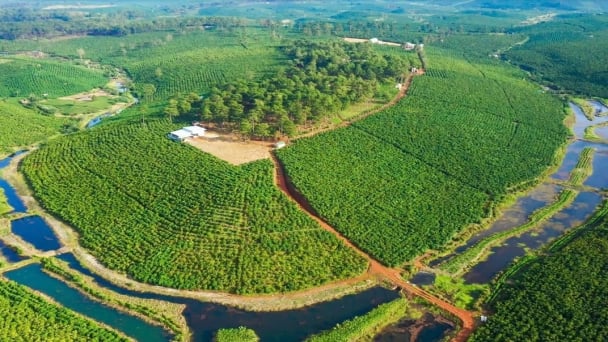
(VAN) The project promoting sustainable coffee production, with a focus on waste management and raising farmers’ awareness, has achieved many positive results after nearly two years of implementation.
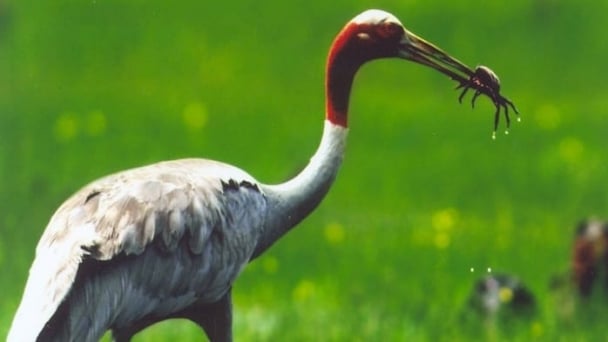
(VAN) Transferring and receiving 6 individuals of the red-crowned crane from Thailand to Vietnam marks a significant milestone in the conservation efforts for this species.
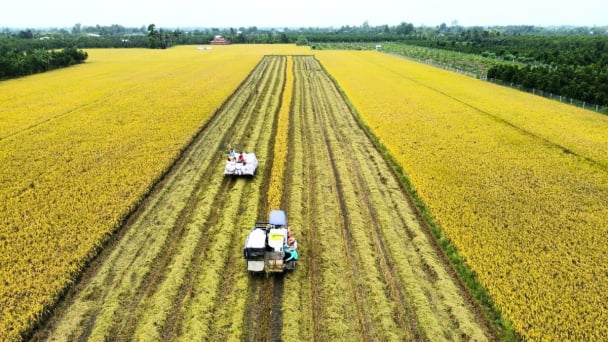
(VAN) After more than a year of implementation, the One Million Hectares of High-Quality, Low-Emission Rice project has completed the first steps, but it needs breakthrough solutions to deepen impacts in the upcoming phase.